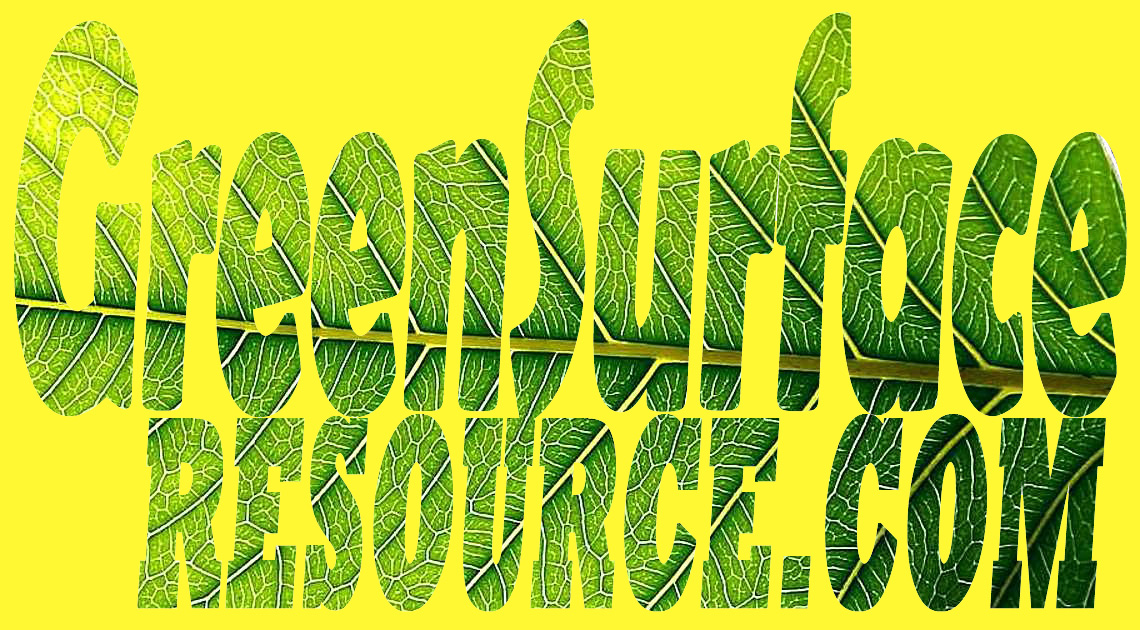Our Health Is at Stake

By Bill Callahan
If Only We Had a Sense of Urgency, Great Opportunity and Benefit Could Prevail
We now know that our numbers and our planet’s capacity to support human life are threatened, and it is because of us.
We’ve reached this point by acting uncivilized, reckless, irresponsible and outright selfishly at times. This statement is harsh but unfortunately true. Yes, there was a time when we were ignorant of our place and circumstance, but today, we can no longer claim ignorance. Today, we must address our situation head-on with the greatest urgency. Our health and life depend upon it, so what should we do?
There is plenty more we can do today in our lives, in our families and especially in our communities that will begin making a significant difference, producing significant benefits today. We need to begin cutting our excessive consumption of stuff, especially cheap stuff and stuff that is made in sweatshops and/or contains materials or substances that are known to be harmful to people and the planet. There’s also excessive travel by car and air (plane) that needs to be cut as well.
Many will argue against this approach, but this is to be expected. Anytime cuts are suggested, many will cry about the potential loss to the economy and jobs. But on a local level, it will have the opposite results – more jobs and an expanded local economy. We should also expect some disruption as the old ways give way to new and take hold — a natural occurrence.
Then, there will be some who will say this approach is impractical, even stupid. But what is so smart and practical about a planet of intelligent beings who are now consuming more than their planet’s annual biological capacity (roughly 1.5 earths), growing to nearly three planets by 2050. Today, consumption by the richest people is upwards of five earths and more.
This dilemma we find ourselves in today will definitely not be solved with a trip to the mall to shop for more stuff.
As noted previously, there’s a special need to invest significantly more in our communities because a sustainable planet can only be achieved through a global effort with a majority of communities having a sustainable economy. More specifically, each of us who can, need to invest more of our time and money in our local communities: its people, its locally owned and managed businesses, its social-benefit organizations, its educational institutions and its social fabric, as well as making the patronization of locally owned and managed businesses a priority, especially those who grow or make sustainable living products using locally sourced materials.
This dilemma we find ourselves in today could be solved in part by avoiding traditional products and services offered by multinational corporations.
We have been taught that when stuff gets old, sometimes dirty, faded or broken, it’s worthless and is quickly trashed. Some stuff does get recycled, which is good, but much is not, even worse. A great volume of stuff is prematurely recycled, burned or buried when it still possesses great value and potential as is or with some modest modification.
So, we need to create a new awareness and appreciation for much of the stuff we call waste, since much is not waste at all and much has significant economic and health benefits for people, communities and the planet.
To create this new understanding and appreciation of waste, it will, of course, need to make sense, especially economic sense. This can be accomplished quite simply by collecting it, all of it, identifying its true potential and value, and making it accessible and readily available.
A good example is new and used building debris, as well as wood from our urban forests. Reusing this high quality debris – obtaining its true value and potential – results in new jobs and opportunities for local businesses of all types and sizes.
There are also two huge bonuses to doing so. Carbon is sequestered when we reuse, rather than cut down new trees – salvaging wood debris from new construction and deconstruction and putting it to work in new products and projects in our communities. And there’s significant energy savings and new economic value when debris – especially metal – is reused locally rather than recycled. This is what we mean by a self-sustaining, circular (local) economy: energy savings, use of local materials and people and fulfillment of local needs.
You may wonder why we’ve not seen this obvious opportunity and moved on it sooner. Many individuals, organizations and communities are doing this in one form or another around the world. What’s missing is a universal effort and sense of great urgency because our lives depend upon it. Give them the help they need, and our communities and planet will be a healthier and better place for all.
So goes Mother’s health, so go her children. Let us not deny our children and future generations’ good health and well-being.
About the Author
Bill Callahan is the founder and interim director of OHIAS, an organization with a mission to end waste as we know it today by putting people and communities to work for the benefit of all people and our planet. Sustainable communities are the heart and lifeblood of a sustainable planet. Bill is also founder and owner of Tamaplais NatureWorks – creators and designers of the world’s most empowering and sustainable furniture and kits.





Recent Comments